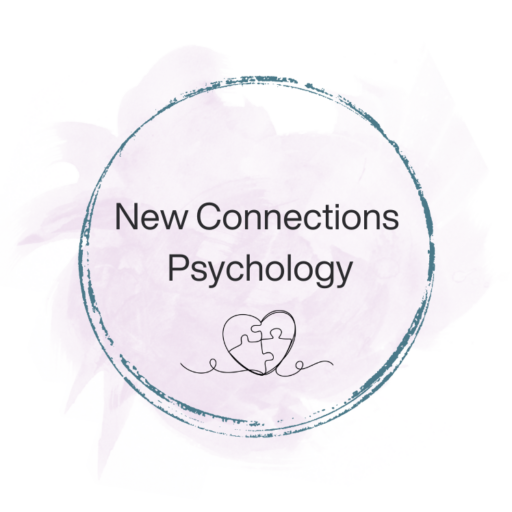Introduction
Shame is a powerful emotion that can hold us back in profound ways. It tells us we are not worthy, that something is fundamentally wrong with us. But when we let shame dictate our actions, it can create walls between us and our potential.
Here’s how shame might be getting in your way:
Avoidance – Shame can make us avoid situations or people that remind us of our perceived flaws. This isolation can prevent us from seeking support or pursuing our goals.
Perfectionism – The desire to avoid shame can lead us to set unrealistically high standards for ourselves, often resulting in stress and burnout.
Self-Sabotage – When we believe we’re unworthy, we may unconsciously undermine our own success or happiness, reinforcing the very shame we’re trying to escape.
Disconnection – Shame can create a barrier between us and others, making it hard to form genuine connections and trust.
Self-Doubt: When we carry underlying shame, it can lead to self-doubt, making us question our abilities, decisions, and worth.
Emotional Strain: Persistent shame can contribute to feelings of sadness, anxiety, or depression.
Understanding the Roots of Shame
Shame can be a powerful and persistent emotion, shaping how we see ourselves and interact with the world. But where does it come from?
How Shame Develops:
Early Influences -From a young age, negative experiences such as criticism, bullying, neglect, or unrealistic expectations can plant the seeds of shame. These early messages can shape our self-view and how we believe the world views us.
Social Comparisons – As we grow, comparing ourselves to others—whether in appearance, achievements, or social status—can foster feelings of inadequacy, especially when we feel we don’t measure up.
Cultural and Societal Norms – Societal pressures and expectations about how we should look, act, or achieve can perpetuate feelings of shame, reinforcing the idea that we’re not enough as we are.
Internalized Criticism – Feedback from others, particularly if it’s harsh or frequent, can become internalized, leading us to believe there’s something fundamentally wrong with us.
Steps Toward Healing
- Acknowledge It – Recognize and understand how your shame developed and how it has impacted you.
- Seek Support –Therapy or supportive relationships can help you work through these feelings.
- Practice Self-Compassion and Manage Unrealistic Expectations – Treat yourself with the kindness and understanding you would offer a friend.
Shame doesn’t have to control your life. By exploring and understanding its origins, you can uncover how it is getting in your way and contributing to your other negative symptoms. Ultimately, you can work your way towards an improved sense of self and worth.

